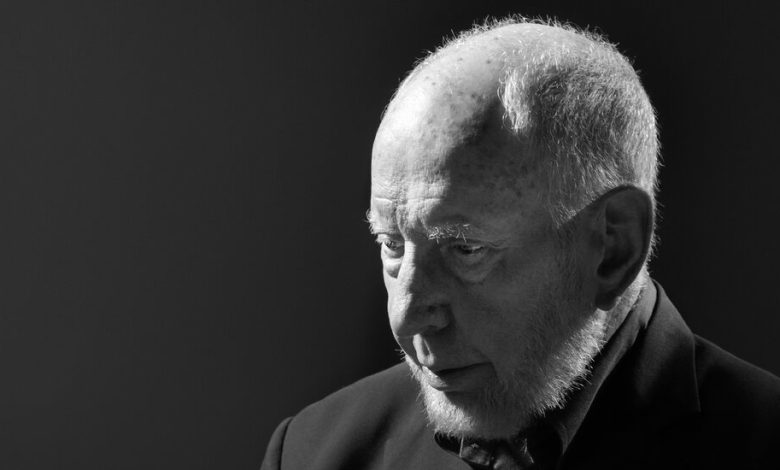Robert Putnam Knows Why You’re Lonely

More than two decades ago, Robert Putnam became something rare: a celebrity academic. In 2000, he published a groundbreaking book, “Bowling Alone: The Collapse and Revival of American Community,” in which he demonstrated, with copious data, that America was transforming from a nation of joiners to a nation of loners — we were going to church less, joining clubs less and, he warned, losing trust in our fellow Americans and our institutions. But even before the book reached shelves, Putnam’s work attracted widespread attention, including from President Bill Clinton, who invited him to the White House. For a moment it seemed as if those in power might work toward reversing the trends Putnam warned about.
Listen to the Conversation With Robert Putnam
The author of “Bowling Alone” warned us about social isolation and its corrosive effect on democracy a quarter century ago. Things have only gotten worse.
Subscribe: Apple Podcasts | Spotify | YouTube | Amazon Music | NYT Audio App
We all know how the story unfolded from there. Putnam, who has spent most of his career as a political scientist at Harvard, is now 83. He has watched as the nation has become more divided, more lonely and less confident about the way forward. That’s why, when I heard about “Join or Die” — a new documentary about Putnam and his work — I knew I wanted to talk to him about where American community stands today.
Your work is all about connection, so I’m wondering first, can you describe your own social life? What clubs are you in? That’s a really embarrassing question. [Laughs] I write about and talk about the importance of connections, but my wife actually does it. She is actually the one who joins everything, who has been a tutor and a teacher and a terrific mother and an even better grandmother. In the long run, her work is going to have a longer half-life than mine, because those kids are going to be around long after people have forgotten anything about this Putnam.
Part of why I was interested in having this conversation with you is that when it comes to social connection, things feel bad right now. Do things feel bad to you too? I think we’re in a really important turning point in American history. What I wrote in “Bowling Alone” is even more relevant now. Because what we’ve seen over the last 25 years is a deepening and intensifying of that trend. We’ve become more socially isolated, and we can see it in every facet in our lives. We can see it in the surgeon general’s talk about loneliness. He’s been talking recently about the psychological state of being lonely. Social isolation leads to lots of bad things. It’s bad for your health, but it’s really bad for the country, because people who are isolated, and especially young men who are isolated, are vulnerable to the appeals of some false community. I can cite chapter and verse on this: Eager recruits to the Nazi Party in the 1930s were lonely young German men, and it’s not an accident that the people who are attracted today to white nationalist groups are lonely young white men. Loneliness. It’s bad for your health, but it’s also bad for the health of the people around you.

Robert Putnam, center, competed in his junior high school bowling league in Port Clinton, Ohio, in the mid-1950s.Credit…Willis Misch